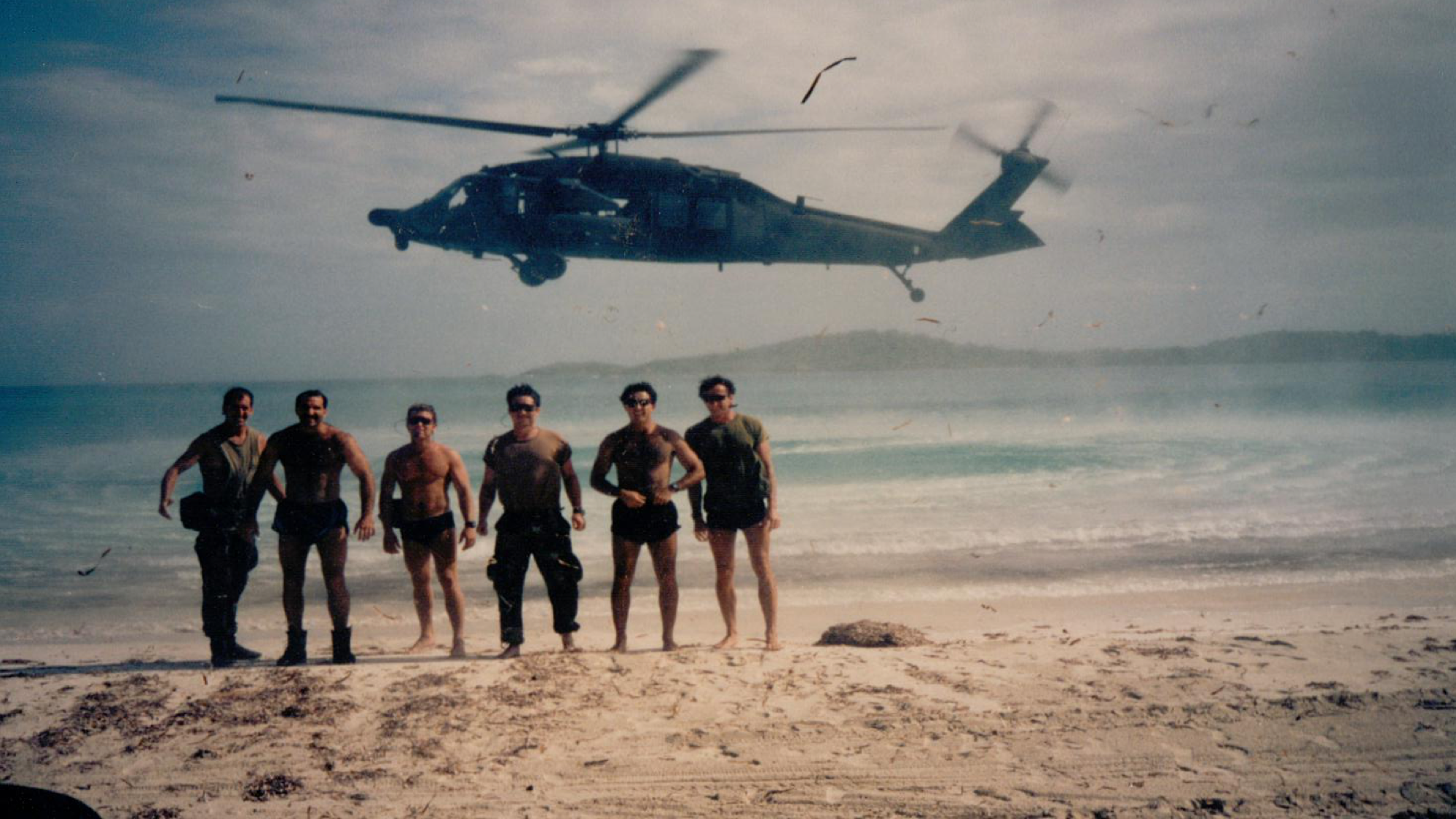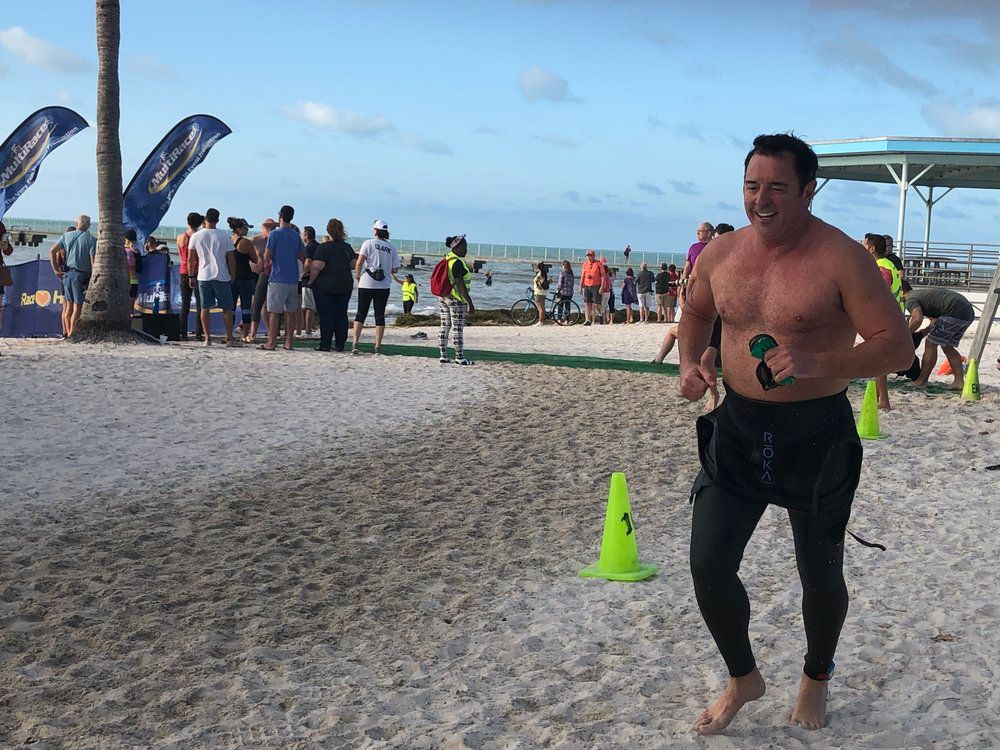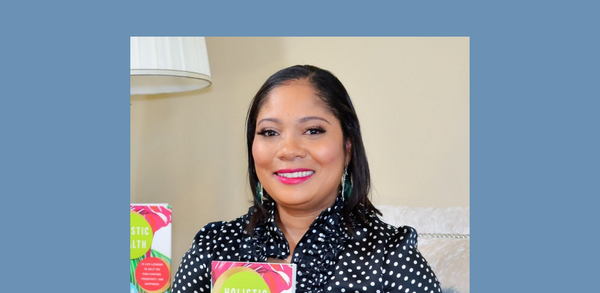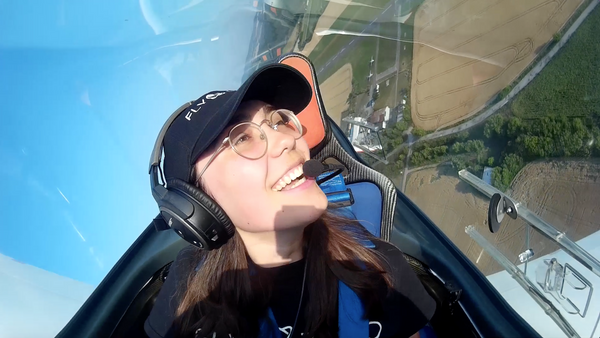Interview with Howard Wasdin: SEAL Team Six Sniper in Mogadishu (Black Hawk Down)
Former SEAL Team Six sniper, Dr. Howard Wasdin, speaks with Truffld about the ups, downs, and afterlife of his career as one of the most elite snipers in history.
Dr. Howard Wasdin, who was a sniper for the elite SEAL Team Six, earned a silver star and purple heart for his service during the Battle of Mogadishu -- an event that inspired the film, Black Hawk Down.
By Victoria Oldridge
Truffld: As you’ve referenced in your memoir, SEAL Team Six, your upbringing was extremely abusive at the hand of your father, and you were working long hours at a very young age. How did these experiences impact your ability to persevere through the infamously grueling SEAL BUD/S training, and what common traits did you notice among your comrades who succeeded?
Dr. Wasdin: I think that there’s nothing good or virtuous about raising a child the way I was raised. I was abused as a child and you don’t know the half of it. I had to really clean that up for the book per the advice of my editor. Having a rough childhood doesn’t prepare you to be a good Navy SEAL or to make you tough, but what it did for me is make me acutely aware that I wanted to help the people out there who couldn’t protect themselves -- to help the voiceless, helpless people like I was, or who might be sitting there in some foreign country who’ve been abducted and don’t know if the good guys are coming to get them; that’s what propelled me through SEAL Team training.
Anyone who told you they didn’t think about quitting when they were in SEAL school is lying to you! We all thought about it. The one common thread that we all have as SEALs, it’s not physical toughness. I trained with a lot of college athletes, triathletes, football players, and wondered how I would compete with these guys, but let me take the mystery out of it for you -- the ones who were prima donnas, used to accolades and being comfortable in their sport, those were the people who quit first. That’s when I learned that it wasn’t about physical toughness. I tell people in presentations all the time, 'I can make you physically tough. What I cannot make you, is mentally tough.' And what’s the test for that? There isn’t one. It’s either innate, you’ve developed it throughout your life, or it’s not there.

Truffld: You suffered three gunshot wounds to your legs during the Battle of Mogadishu. When you were still attempting to drive your humvee while injured and simultaneously shooting out of the window to defend your comrades, the vehicle hit a landmine. You miraculously made it through the day alive, but the survivor’s guilt weighed on you the most.
Dr. Wasdin: That bothered me the most. Better men than me died that day. Dan Busch, a Delta Force sniper, left a one-year-old behind. Great father, great Christian, all around good guy. Randy Shugart, Gary Gordon. I can rattle them off -- people who were better heroes than me. I had the darkest thoughts you can have when I first came back (from Mogadishu), but over time I was shown that God had another plan for me; not so much sparing me and letting them die, but folding me like the Samurai would fold a sword hundreds of times to make it tough. And until I got counseling, I was a screwed up individual. I drank a lot, made poor choices. Never did drugs, but if I had, may have never come back from it. But after I wrote the book, I received tens of thousands of letters from these little kids that tell me, 'I read your book and I know I’m gonna make it now, and if you can go through what you did as a SEAL Team Six sniper, I know I’ll be ok.' If God did have a plan for me, that’s probably as big a plan as I could ever imagine, and no matter how much time I have left on this earth, it’s been all worth it to be able to touch those lives.
Survivor’s guilt is a different kind of PTSD. It’s not like being shot or blown up. I dealt with that ok. It ended my career, ok, I’ll find a way to make a living. But it’s the guilt of why better men than me died and I was allowed to live. I still have my bad days, especially around October 3rd which is the anniversary, but every year gets a little easier.
Truffld: After Mogadishu during your recovery, you were in a wheelchair at your friend’s house and he recommended the two of you go into the woods nearby and hunt deer. That was a pivotal moment for you.
Dr. Wasdin: In the particular case you’re talking about, I actually shot the deer from my wheelchair at my buddy’s farm. I rolled over to the deer and it was still dying, and -- I’m getting emotional about a deer now -- the deer actually looked up at me and was wheezing, let out its last breath and its eyes glazed over, and I said out loud to him, 'Brother I would have been happier just watching you instead of shooting you.' I’ve never pulled the trigger on anything since then.
Truffld: You’re 58 years young and still competing in triathlons -- perhaps there’s still a bit of muscle memory from your SEAL Team training days, but what else enables you to continue to compete?
Dr. Wasdin: Right now I know that my next triathlon is in Key West on December 5th, so that’s my mission. My insertion date is already established, going back to SEAL Team phraseology. My execution -- I know the distance of the swim, run, bike, and that’s all done, so I know what weight I want to come in at, and I routinely time my training and transitions. To get into peak shape, I’ll go for a week eating nothing but kale and sardines -- I don’t recommend that (laughing). It’s worth it though. It’s all preparation -- it’s like Evan Mcraven said in his book, Make Your Bed. No matter what else you do in your day, make that first step in making your bed and the rest follows.
When I’m training for the triathlon, I’ll eat at five specific times per day and those are plugged-in. One you start, the discipline and routines are there, and your body will react in ways you don’t even know -- more sleep, more energy. After age 30 -- and I’m way past that -- your body doesn’t absorb everything it needs from your nutrition. I’m also mainly plant-based, and take an omega-3 supplement. Take those little steps and before you know it, you’re coming across the finish line.

Truffld: Conventional military is quite hierarchal, but you’ve referenced before that within the SEAL Teams, things were more egalitarian regardless of ranking, and that you all treated each other the same.
Dr. Wasdin: Yes. When a brand new guy comes into SEAL Team Six, for the first year or two you know what he does? He just listens even though he might outrank almost every other guy on that team, because he hasn’t been here and he sure doesn’t know how we do business. That’s what any smart, even a corporate executive would do when they’re coming in. For example, when we trained in building scenarios where we were going up stairs against gravity, people above you can throw grenades down at you or lean over the staircase and shoot down at you, and you have to follow the direction of the guys who have done this before you. It’s not like losing money in the stock market for a day. Every single thing we do from training scenarios to real ones it's life and death, from skydiving to diving, and vehicle takedowns. I think we need this kind of humbling perspective in politics, like, my way might not be the only way, let me listen to someone else, and if it were a matter of life and death, maybe Congress would listen more to each other.

Truffld: I’ve always wondered how SEALs go from such intense, hyper-vigilant training and operations, to civilian life. Even years after your service, have you transitioned completely in this regard?
Dr. Wasdin: You’re referring to being in over-drive. I had to go from being a Le Mans driver to a Greyhound bus driver. When I’m traveling with my wife, I’m still steadily scoping out people -- their body movements, watching them put their stuff in overhead bins. I never sit with my back to the door in restaurants. I just came back from Anchorage recently, and at the Atlanta airport I was convinced that I saw two people who were up to no good. You can’t stay in the ‘red zone’ all the time unless you’re in a war zone or a counterterrorism situation. I’ve learned to downshift.
Truffld: Looking at your time as a SEAL, is there anything you would have done differently?
Dr. Wasdin: I’ve lost buddies in training or they’ve been injured and lost their career. I’ve had over eight hundred skydives -- and never even sprained an ankle -- lived in a snow cave, dove in Alaska. Everyone thinks things were awful for me because of what happened on October 3rd, 1993 during 'Black Hawk Down', but there was a good chance I probably shouldn’t have been there anyway, I should have been killed 8 years before doing whatever.
I would have done things differently in Somalia because we had done things a certain way a few times already and established a footprint and there was an ambush out there, but you don’t know for sure, and I couldn’t make that call at that point anyway.
But no, everything I’ve done, good and bad, has gotten me to where I am now, and I can tell you you’ll be hard-pressed to find a happier man than I am now right now. I have a great wife, a great life, and I have great-grandchildren.
As a SEAL we had a saying: Live fast, die young, and leave a good-looking corpse. They’re still saying it today. Call it brainwashing if you want, but I literally expected and almost did die young at thirty-two, so to be sitting here and talking to you at fifty-eight years old, I’m a very blessed man.



